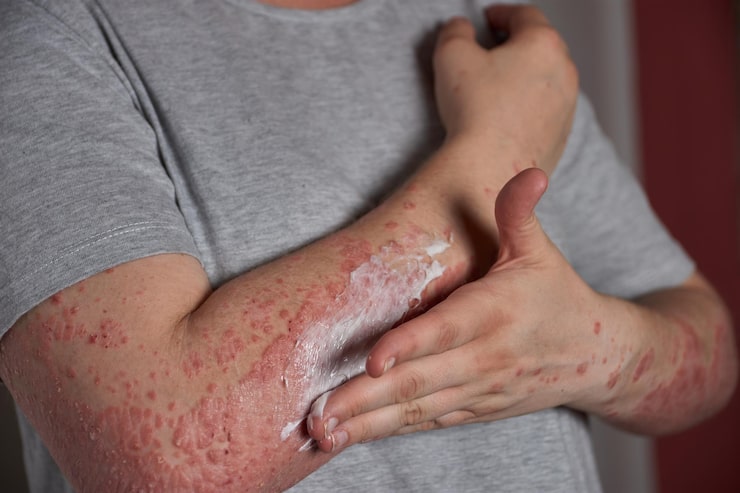
person with psoriasis applying medicine
Your skin is more than just a barrier; it shows how healthy and well you are overall. But for people with Psoriasis, their skin hurts, itches, and makes them feel bad emotionally. Psoriasis is more than just a cosmetic issue; it's a chronic autoimmune skin disease that requires accurate diagnosis and ongoing treatment.
This blog is designed to help patients and their families learn about Psoriasis, including what it is, its common signs and symptoms, its causes, and available treatments. It will also inform them when they should consult a dermatologist for professional assistance.
Psoriasis is an autoimmune disease that lasts a long time (chronic) and makes the immune system speed up the life cycle of skin cells. Usually, skin cells take about a month to grow back, but in Psoriasis, new cells grow back in just a few days. These extra cells accumulate on the surface, forming thick, scaly, and red patches.
The disease is not contagious, meaning it can't be passed from one person to another through direct contact. However, factors in the environment, emotions, or the body can exacerbate or trigger it.
Psoriasis typically follows a cyclical pattern: symptoms worsen for a few weeks or months, then subside or enter remission before recurring.
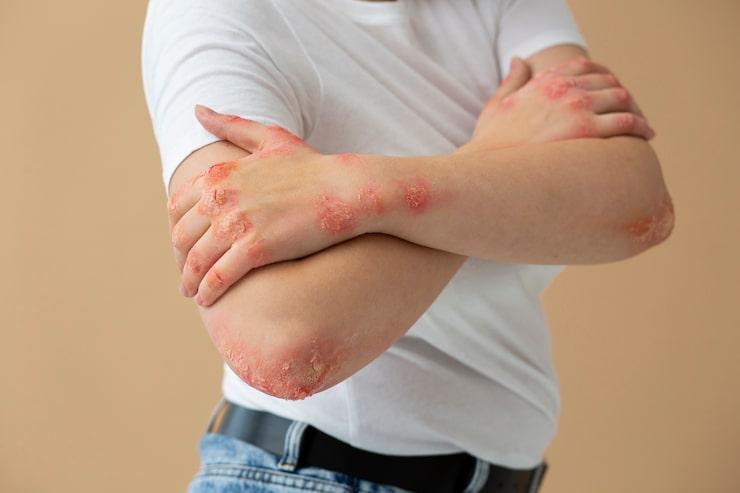
person with psoriasis with clear signs
Psoriasis can appear anywhere on the body, but it typically shows up on the scalp, elbows, knees, lower back, and nails. The signs vary for each person, depending on the type and severity of the condition.
1. Skin with red patches and silvery scales
The primary sign of Psoriasis is red, thickened skin with white or silvery scales.
These plaques can break and bleed, especially when they're dry.
2. Skin that is dry, itchy, or sore
Many people feel as though they are constantly itching or experiencing burning sensations.
Scratching can exacerbate inflammation and increase the risk of infection.
3. Nails that are thicker or a different color
Psoriasis can affect the nails in several ways, including the development of pits (minor dents), changes in color, or separation from the nail bed (onycholysis).
4. Pain and stiffness in the joints
Psoriatic arthritis, which affects the joints and tendons, impacts approximately 30% of individuals with Psoriasis.
5. Scales that look like dandruff or flakes on the scalp
Flakes on the scalp with Psoriasis may resemble dandruff, but they are thicker and often accompanied by redness or pain.
6. Bleeding in one place
When scales are removed or scratched, small bleeding spots, known as Auspitz's sign, may appear.
Symptoms can be mild, affecting only small areas, or severe, affecting large areas of the body.
Dermatologists can recommend the most effective treatment if they identify the specific type of skin condition.
Scientists don't know precisely what causes Psoriasis, but they do know that it is primarily caused by an immune system that overreacts. People with Psoriasis have immune cells that mistakenly attack healthy skin cells. This causes inflammation and a quick turnover of skin cells.
Some common triggers are:
A dermatologist can usually diagnose Psoriasis by examining the affected areas of your skin, scalp, or nails.
Some of the steps in diagnosis may be:
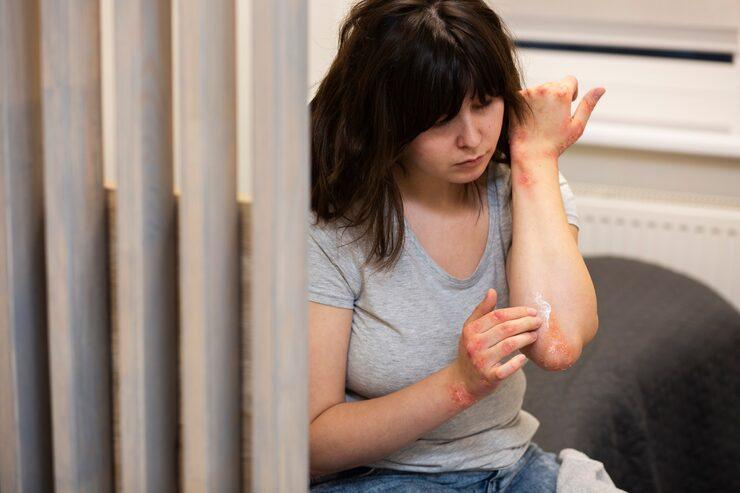
person with psoriasis taking care of their condition
Psoriasis can't be completely cured, but treatments that work can keep symptoms under control, lower inflammation, and stop flare-ups.
The type of Psoriasis, its severity, and the patient's response to treatment all contribute to determining the appropriate treatment.
1. Topical Treatments (for Psoriasis that isn't too bad)
You put these directly on the skin that is affected:
2. Phototherapy (Light Therapy) means putting the skin under medical supervision and exposing it to ultraviolet (UV) light.
UVB therapy: Slows down the growth of skin cells.
PUVA (Psoralen + UVA): A light-sensitizing drug is used before UVA exposure.
Phototherapy is effective for moderate to severe Psoriasis and can induce long-term remission with consistent application.
3. Medications that work throughout the body (for moderate to severe Psoriasis)
When topical treatments are ineffective, these are administered to work throughout the body.
These drugs need to be watched closely because they can cause problems, especially with the liver, kidneys, and blood pressure.
4. Therapies that use living things
5. Changes to your lifestyle and care at home
1. Can you catch Psoriasis?
No. Psoriasis is an autoimmune disease, so it cannot be contracted by touching someone or sharing items with them.
2. Can Psoriasis be cured completely?
There is no permanent cure, but with the proper treatment, symptoms can be managed and long-term remission can be reached.
3. Can Psoriasis be affected by what you eat?
Yes. Fruits, vegetables, nuts, and fish are all anti-inflammatory foods that can help. Stay away from alcohol, red meat, and processed foods.
4. Can stress make Psoriasis worse?
Stress doesn't cause Psoriasis, but it can make flare-ups happen or get worse. Managing stress is an integral part of treatment.
5. Can Psoriasis have an effect on internal organs?
In severe or untreated cases, psoriasis-related inflammation can impact joints
and elevate the risk of cardiovascular disease or diabetes.
Psoriasis can be challenging to manage, but with the proper medical care, lifestyle adjustments, and emotional support, most people can effectively manage it and live comfortably. To keep flare-ups and complications from happening, it's essential to get an early diagnosis, stick to your treatment plan, and see a dermatologist regularly.
Specialists at hospitals with advanced dermatology departments provide patients with personalized care, including topical treatments, biologics, counseling, and guidance on maintaining healthy skin.
Keep in mind that Psoriasis can affect your skin, but it doesn't define who you are. You can maintain healthy skin and boost your confidence with the proper care and treatment.
We offer expert care across key specialties, including Medicine, Cardiology, Orthopaedics, ENT, Gynaecology, and more—delivering trusted treatment under one roof.
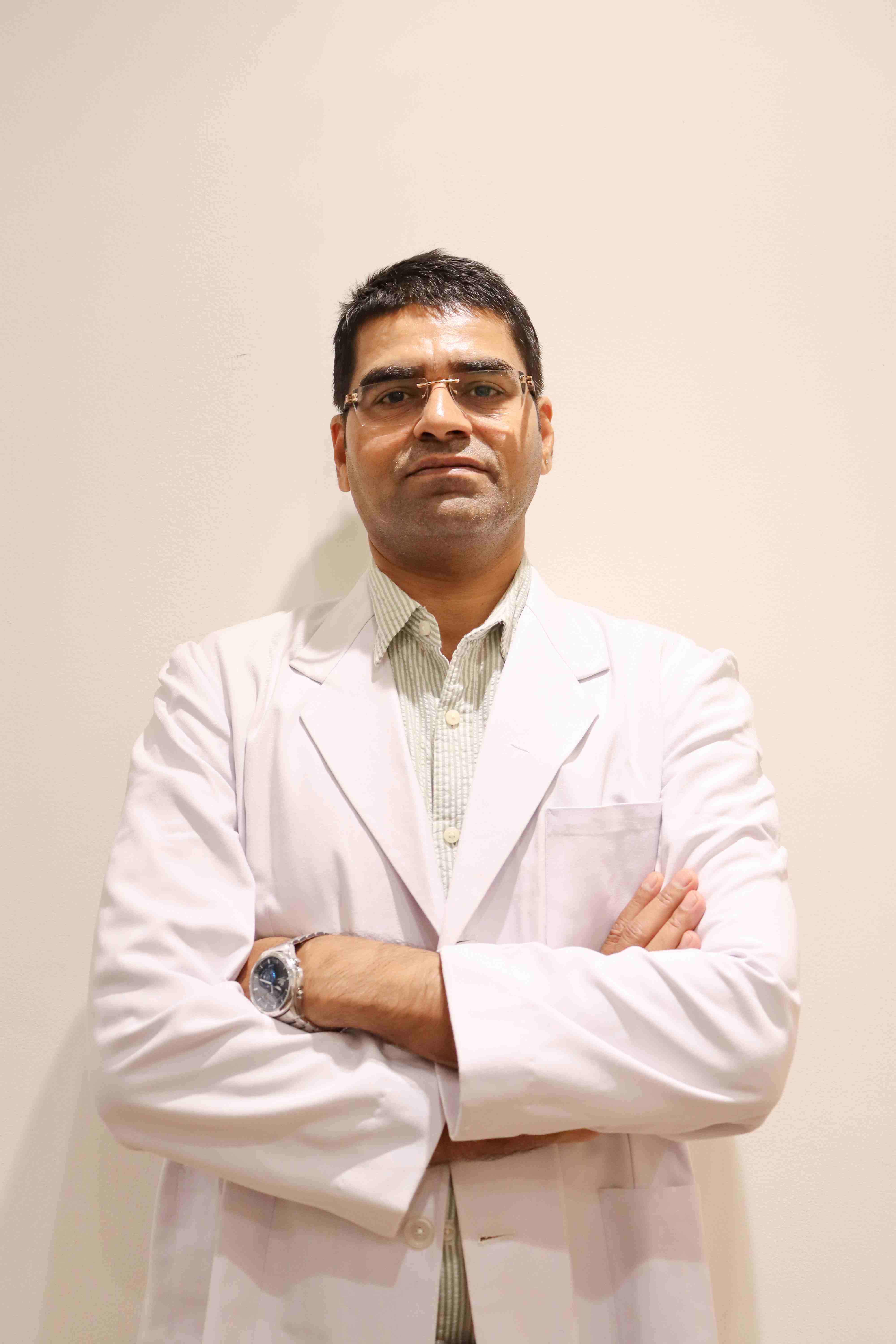
Dr. Divyajyoti Sharma
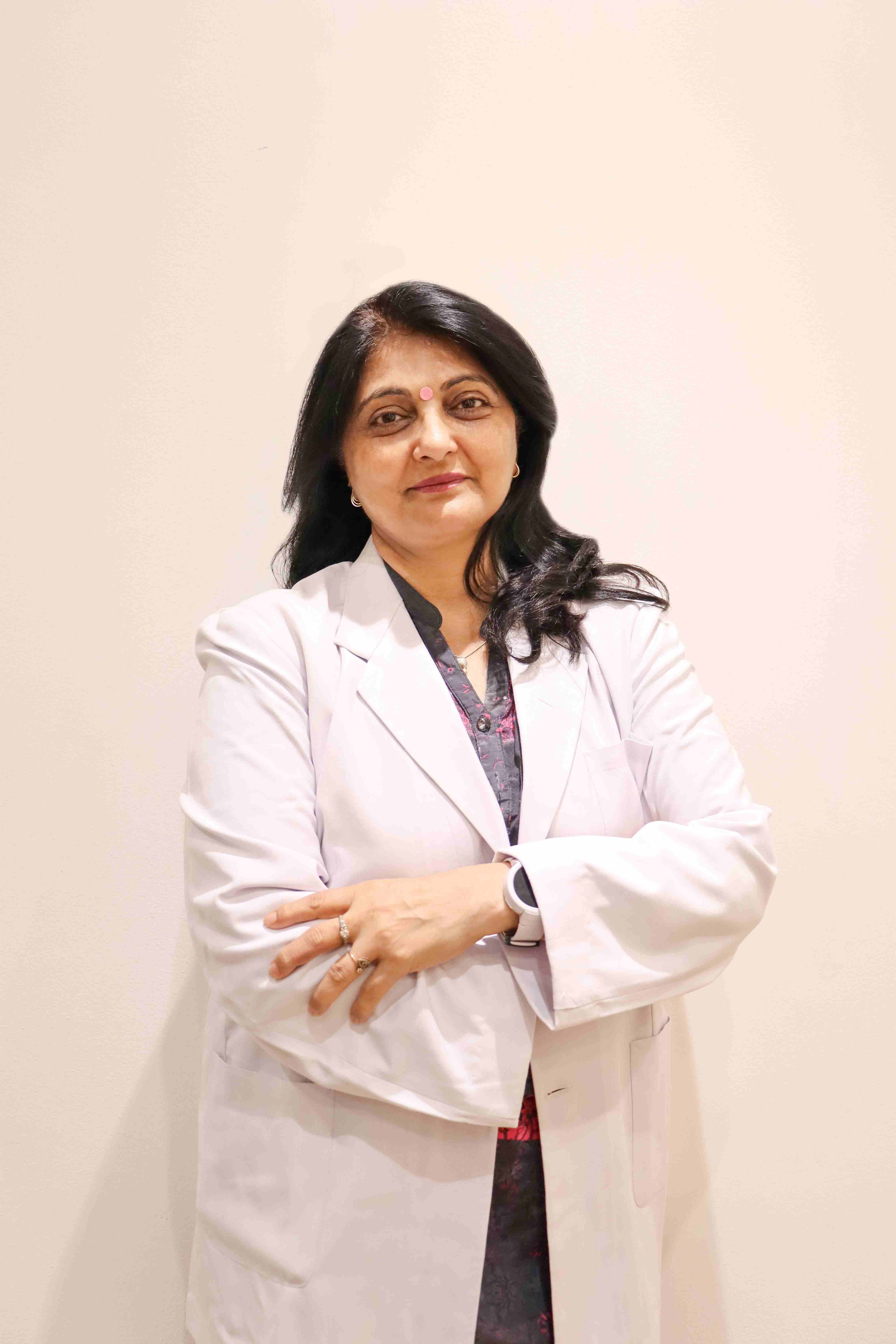
Dr. Alka Kapoor
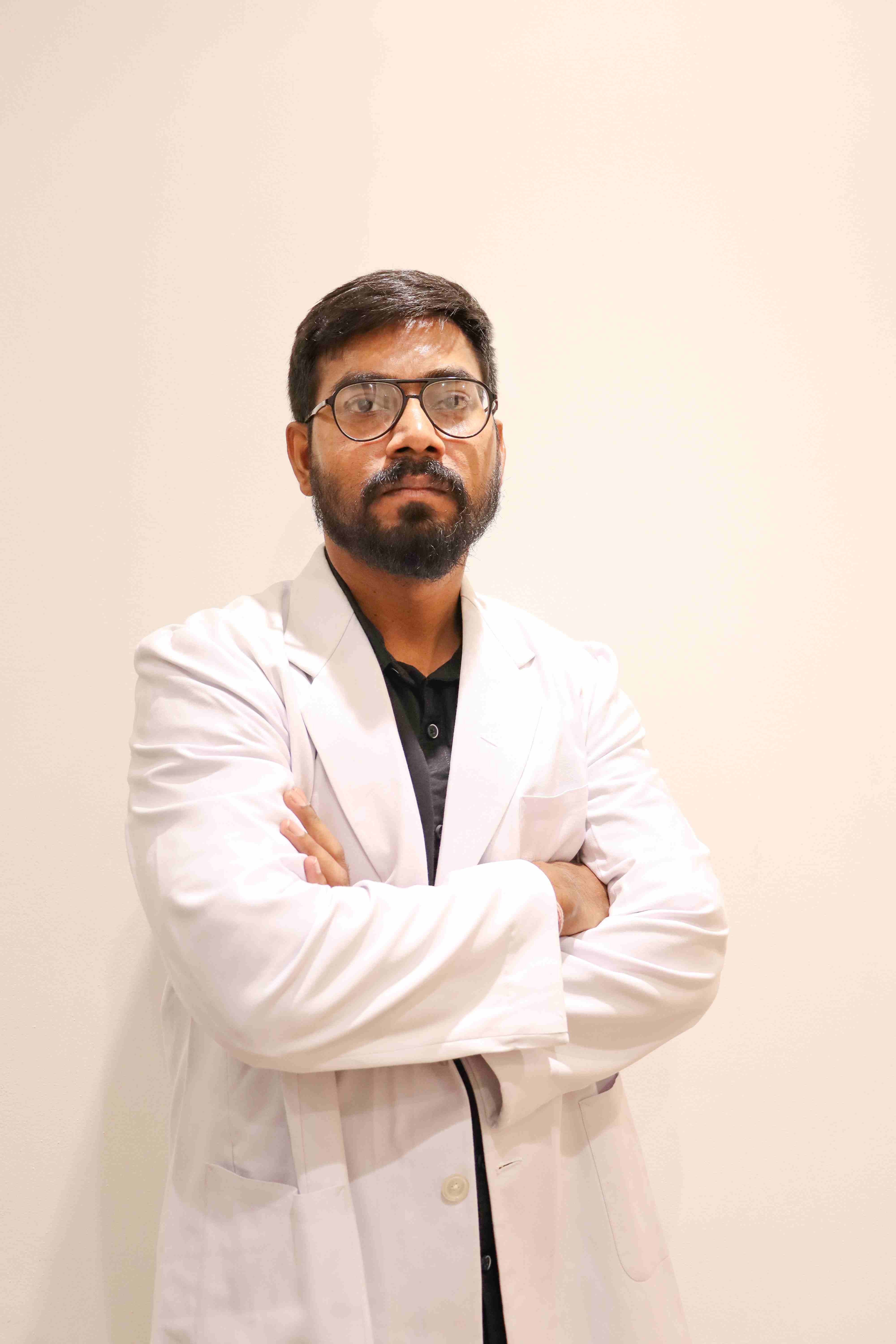
Dr. Abhishek
Prakash Hospital Pvt. Ltd. is a 100 bedded NABH NABL accredited multispecialty hospital along with a center of trauma and orthopedics. We are in the service of society since 2001.
OUR SPECIALITIES
Contact Us
D – 12A, 12B, Sector-33, G. B. Nagar, Noida, Uttar Pradesh 201301
+91-8826000033

© 2026 All rights reserved.
Designed and Developed by Zarle Infotech